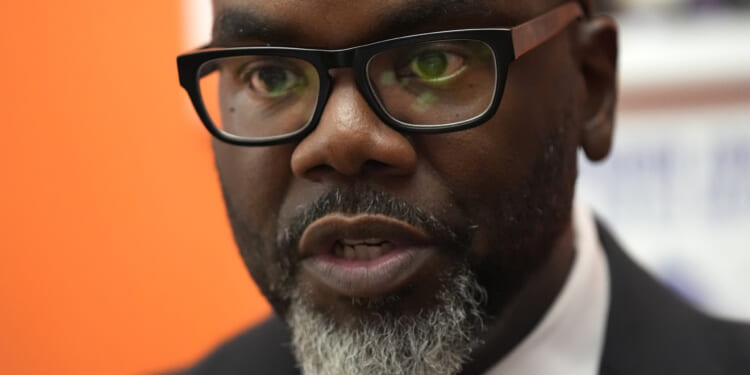Chicago missed the Oct. 1 deadline to extend the grocery tax. Grocery shoppers will save $40 million for at least six months starting Jan. 1, 2026.
Chicago missed the Oct. 1 deadline to pass a grocery tax, so Chicagoans will start saving money on groceries at least through the first half of 2026.
The tax was expected to raise about $80 million a year. Chicago could start taxing groceries again, but not until July 2026 at the earliest based on Illinois Department of Revenue rules. That will save shoppers $40 million over six months.
Spread across the city, the savings amount to about $60 for a family of four during the six months. City leaders were considering the tax but procrastinated and missed the state deadline. Out of roughly 1,300 Illinois communities, 607 had notified IDOR before the deadline that they would impose the 1% tax.
Illinois Gov. J.B. Pritzker called the statewide grocery tax an embarrassment in 2023 when he repealed it, but state lawmakers allowed local governments to impose it starting in 2026 by a simple vote of the elected leaders. The grocery tax revenue goes to local communities, and the Oct. 1 deadline was needed by IDOR to process payments by Jan. 1.
With food costs up more than 29.5% since 2019, the delay gives Chicagoans breathing room when every dollar matters. Sales taxes are mostly voluntary when people buy nonessentials, but a tax on food is the least voluntary tax possible.
While Chicago Mayor Brandon Johnson may view the delay as a revenue shortfall, residents should see it as a win. The city already imposes some of the highest sales taxes in the nation. Families also face rising property taxes, gas taxes and fees.
Chicago missing the grocery tax deadline is good news for working families. Instead of pulling $40 million more from residents’ wallets, the delay means families will keep more for themselves at a time they need it most.
Better yet, maybe city leaders will let Chicagoans keep their $80 million in 2026 and beyond.










